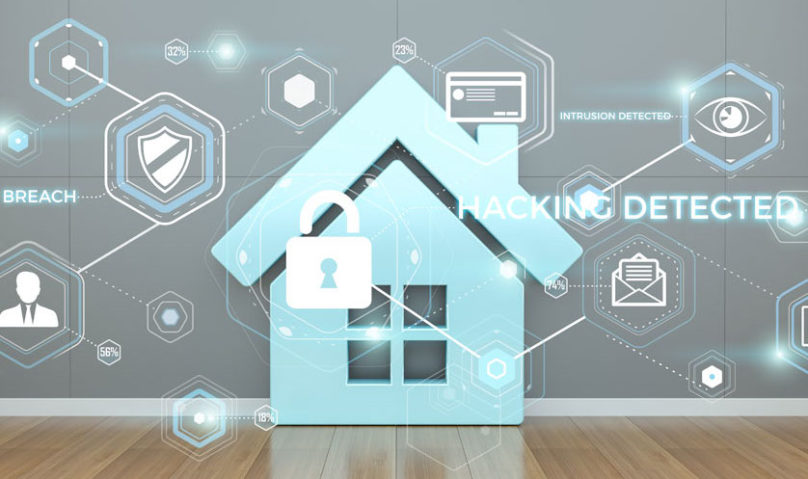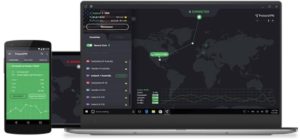Cyber Security 101 – Securing Your Home

With more and more people conducting business at home, employees working remotely and even CEOs running companies from their residences, it is no surprise the FBI has reported a more than 300% increase in cyber crimes since COVID began. This article is intended to discuss the very basics of cyber security that we can apply to our homes to make us more secure.
The following guidelines are very simple procedures to follow, but understand that hackers are just like any other criminals – they will target the ‘low hanging fruit’ so-to-speak, so by hardening your system with even a few of these steps, you will make a huge impact in the overall security of your information and your online privacy. For more information on mobile security, consider reading Mobile Security: Best Practices for Minimizing Your Exposure
- Physical Security
Even cyber security has a starting point, and that is physical security. Make sure your equipment is secure, and follow the basics of physical security inside and outside of your home. Read our highly celebrated article on the topic: General Residential Security Guidelines & Recommendations
- Use a Complex Password
The most common methods in which grants hackers a successful break into routers are simple passwords. This is a complacency issue and the age old ‘convenience vs security’ issue. Use long passwords that have lower and upper case letters, numbers, and special characters mixed in, and please use unique passwords for different systems.
- Two-Factor Authentication on Your Accounts
An added layer of protection for your accounts is setting up two factor authentication. Although this adds another step for you to complete before you log in, this greatly reduced the efficacy of a hacked password. For Google READ THIS, for Apple READ THIS and for Windows READ THIS.
–
TSCM Bug Sweeps – Industry Leading Services
–
- Encryption: WPS VS WPA2 vs WPA3
Your router will apply various encryption standards to your data, which is a great thing. Before we get too wrapped up about encryption, PLEASE make sure the above is accomplished. Encryption does nothing if your password is weak and is breached, and you don’t have two-factor authentication. So, the various encryption standards really come down to the age and quality of your router system. WPA3 is the latest commercially available and WPS is the simplest, and that being the vase, many recommend disabling WPS if you have the ability to do so in your settings.
- IP and MAC Filtering
In the setting of your router, you can enable this setting which controls who has access to your system, typically via the MAC address which is the unique identification each machine has. This prevents, or at least helps identify, what we call ‘breaches and leaches.” Breaches are those who breached your security are on your system, and leaches are similar but doing it for WiFi access. (think of your cheapa$$ neighbor who uses your WiFi) With this setting it is best to establish a guest network so you limit the use of the primary network to your most sensitive devices, and you could even use the guest network for you non-sensitive hardware to make ip/mac filtering easier.
- VPN
Utilizing a Virtual Private Network creates an encryption tunnel for your information. This is always a good thing and we highly recommend using them. Although they are mostly important on unknown networks, why not use them all the time? Proton VPN is a great choice.
- Anti-Virus Software
Even if everything else goes well, we can still visit dangerous websites and pickup malware or worse. Therefore, an anti-virus software is also recommended. We like Norton products, but there are many that are good and Windows has come a long way to provide a good one built in. Whichever you use, just make sure you update it regularly.
- Phishing Schemes
Lastly, while it is not a cyber security procedure like the above, we just wanted to make readers aware of phishing schemes. These are typically emails and text messages that make you click a link. Don’t. Whenever you get a notification from your bank or your PayPal, etc. go to their website or use their app and check it. Simply put – don’t click unknown links in your emails and test messages.
–
———————————————————————-
Joseph LaSorsa, CPP® is currently employed as a senior partner managing and conducting: Protective Operations Training Courses, Executive Protection & Bodyguard Services, Risk Management Consultations & Seminars, Workplace Violence Prevention Seminars & Intervention Services, Security Consultations & Seminars, Private Investigations and Technical Surveillance Counter-Measures with LaSorsa & Associates – an International Protection, Investigations & Consulting Firm.

